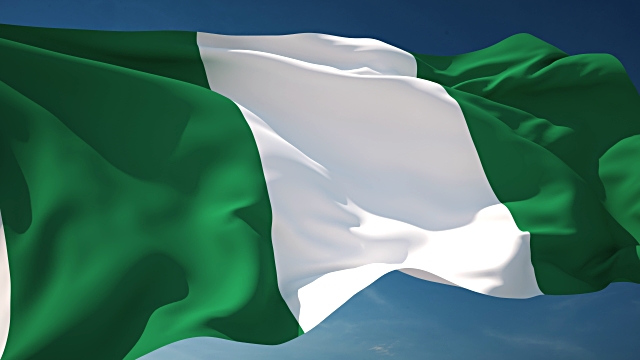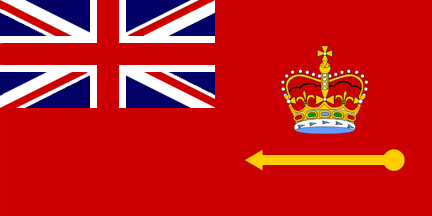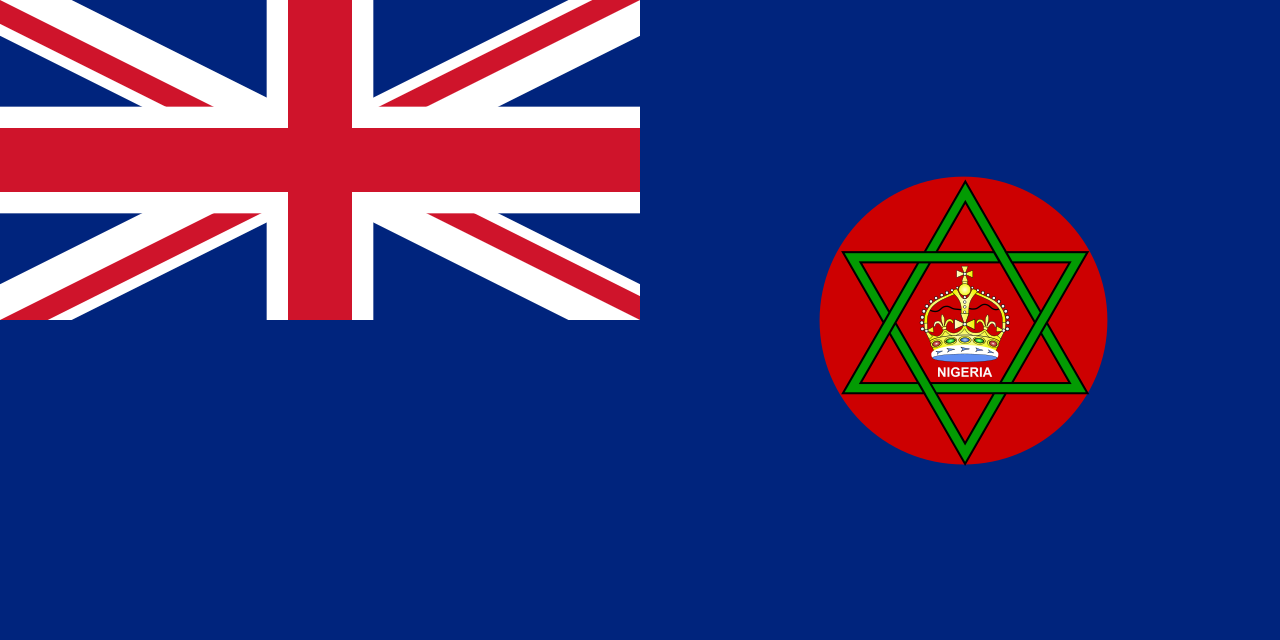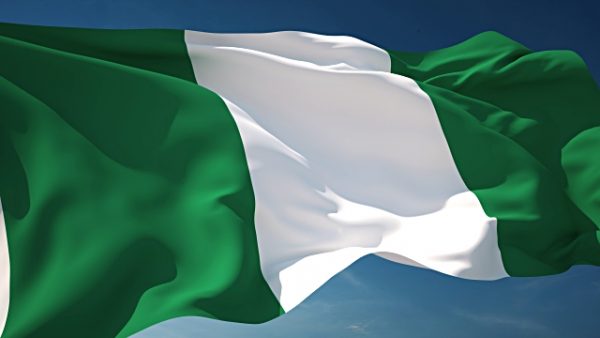The national flag is one of the symbols that represent a country, anywhere in the world. For our dear country, Nigeria, it is a vertical bicolour, triband of green, white and green.
Prequel to the amalgamation of Nigeria, there were various flags in use. These flags represented the various protectorates there were at that time. The flag of the Royal Niger Company used between 1887 and 1888 was a “white field with the United Kingdom’s national flag in the canton and a black “Y” with the words ‘ARS’, ‘JUS’, and ‘PAX’ written on the arms, surrounded by a red ring”. In 1889, the “white field” was replaced by a “British blue field” and it was without the “red ring”.
Other flags that were in use were the Flag of the British West African Settlements, Flag of the Lagos Colony (1886 – 1906), Flag of the Oil Rivers Protectorate, Flag of the Niger Coast Protectorate, Flag of the Northern Nigeria Protectorate (1900 – 1914), Flag of the Southern Nigeria (1900 – 1914).
After the amalgamation of the Northern and Southern Protectorate and before Nigeria gained her independence, the country was called “The Colony and Protectorate of Nigeria”. Hence, between 1914 when Nigeria was amalgamated and 1960 when she gained her independence, the flag in use was a “British blue ensign with a green Star of David surrounding a Tudor Crown (which was later replaced with a St Edward’s Crown in 1953) with the white word, “Nigeria” written under it on a red disc.
In 1959, an advertisement was published in the newspaper, calling for submission of entries for a new Nigerian flag design. Mr Michael Taiwo Akinkunmi, a Nigerian, studying at the Norwood Technical College, London, was one of the people who sent in designs in Lagos. Michael’s design was a triband green, white and green with a blazing red sun badge on the white band.

The judges removed the badge and the flag was hoisted for the first time on October 1, 1960, the day Nigeria gained her independence, which was exactly one year after the flag design was declared the Winner from the entries. Michael, on the other hand, was paid a sum of 100 pounds, an equivalent of $281 at that time.
What the colours of the Nigerian flag represent
The green colour represents fertility and the rich agricultural nature of the nation while the white colour signifies peace and unity.
Other ensigns
Beside the Nigerian flag, there are state, civil, naval, and Air-force ensigns designed with the national flag in the canton on a blue, red, white, and sky-blue field respectively whereas the naval ensign has the naval seal and the Air-force ensign has the Air-force roundel in the fly.
Other flags in use are the Flag of the President of Nigeria which has the Coat of Arms on the white band; the Flag of the President as Commander-in-Chief of the Armed Forces, a horizontal band of red, black, white, and green in that order; and Flag of the Nigerian Defence Forces (red, British blue, and sky blue).
References
https://en.m.wikipedia.org/wiki/Flag_of_Nigeria_(1914-1960)
www.crwflags.com/fotw/flags/ng_rnc.html
https://en.m.wikipedia.org/wiki/Flag_of_Nigeria




